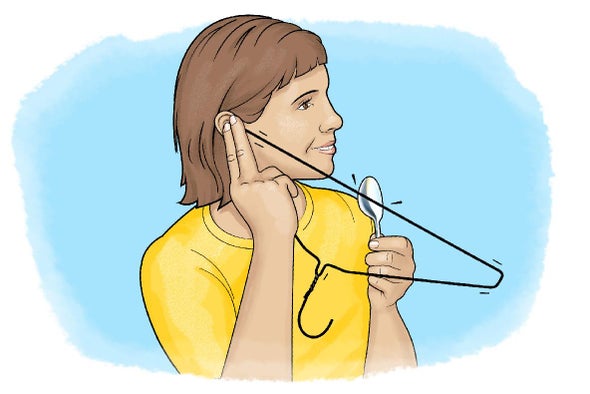 |
| November 18, 2022 |
 |
| |
| |
| |
| |
| |
| |
| |
| |
| |
| |
| |
| |
| Natural Disasters Why California Wildfires Burned Far Less This Year Though California has seen millions of acres burn from wildfires in recent years as a changing climate brings high temperatures and persistent drought, several factors led to a quiet 2022 fire season | | By Anne C. Mulkern,E&E News | | | |
FROM THE STORE
 | | | |
BRING SCIENCE HOME
 | | Hanging Around with Sound: Make Your Own Secret Bell! |  Do you hear what I hear? Make sound waves that only you can hear with this simple, secret bell! Credit: George Retseck | Have you ever tried making "walkie-talkies" using a long piece of string and two tin cans? If you have, you know that they work surprisingly well—at longer distances you can hear people better through the cans and string than you can through the air! In this activity we're going to use the same concepts to build a personal bell, one that makes sounds that only you can hear! | |  | |
LATEST ISSUES
 |
| |
| Questions? Comments?  | |
| Download the Scientific American App |
| |
| |




